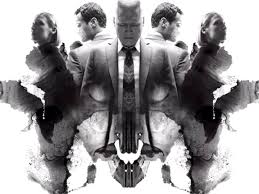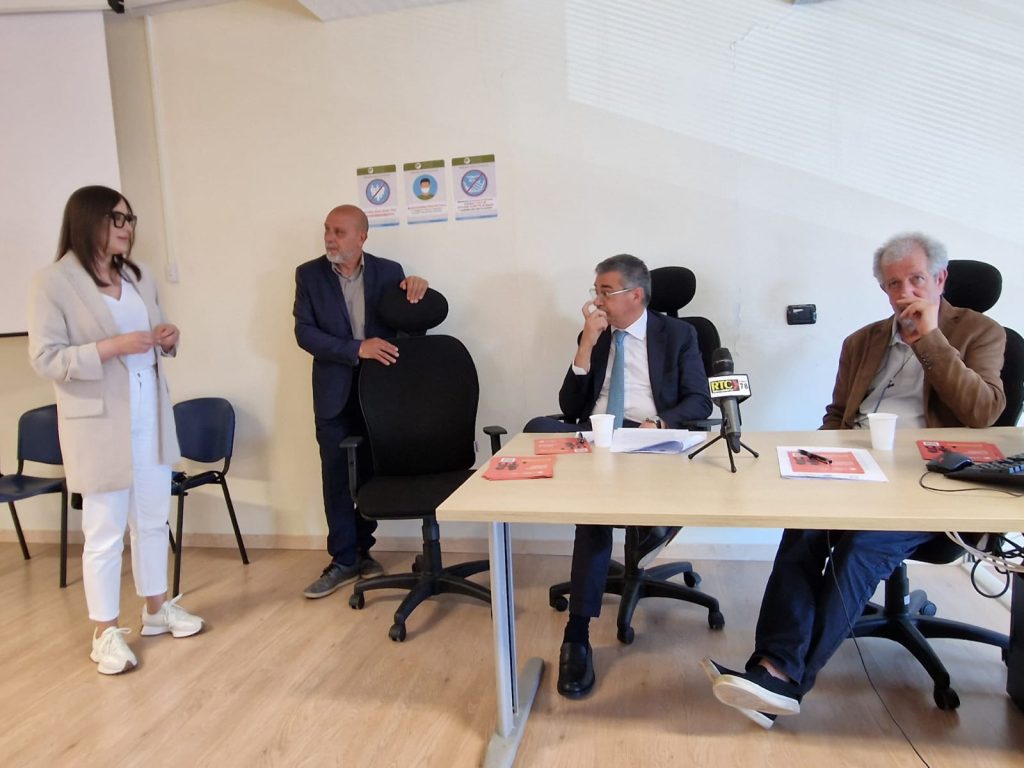[google-translator]
If you’re going to indulge in a nasty crime drama, at least make it the classiest one on TV. Mindhunter (Netflix) follows FBI investigator Holden Ford (Jonathan Groff), who gets inside the heads of killers, studying their twisted motivations in obsessive detail and visiting the worst ones in prison to record extensive interviews, with the result that he becomes almost supernaturally adept at solving new cases by recognising the relevance of supposedly innocuous clues.
But, uh oh, sometimes his superiors can’t get on board with Ford’s extreme methods. Occasionally, even his faithful but temperamentally contrasting partner Bill Tench (Holt McCallany) has his doubts, and Tench’s dark antics have ruined Ford’s romantic exploits.
In other words, it’s another drama about a maverick cop with a complicated personal life solving excessively horrible crimes, but it has a thick veneer of factual and creative authenticity. Ford isn’t just using behavioural profiling techniques that are so familiar to crime drama fans – he’s pioneering them, and he is based on FBI profilers who revolutionised the study of psychopathic killers in the 1970s and 80s.
The show is overseen and mostly directed by David Fincher, who is essentially reprising his 2007 film Zodiac. Painted in a threatening palette of emerald, taupe, sludge brown and abyssal black – the rare daytime exterior shots swap this for an irradiated glare – its trademark is a daringly long conversation between Ford and a crazed murderer, built on the tension of their intellectual sparring and the more unsettling possibility that the bad guy might escape his shackles and kill Ford there and then in the cell. Viewers enjoy the sickly thrill of being stalked, even tormented by Fincher’s expert manipulations.
When it debuted, Mindhunter sceptics found that, for all the bravura acting and precise direction that had others hailing a masterpiece, the series was as much of a precious prodigy as Ford himself. During season one, they argued, it was prone to aggravatingly knowing dialogue – such as the scenes where the FBI workshop the invention of now-familiar terms such as “serial killer” – and to allowing those extended two-handers to drag on beyond endurance.
Series two tackles that criticism by sending its characters further out into the real world. Last year’s loose case-of-the-week format is replaced by an arc dealing with the Atlanta child murders of 1979-81, underpinned by police officers’ frustrated efforts to catch the soi-disant “BTK strangler”. Decamping to Atlanta, a city that has just elected its first black mayor but is riven by racial schisms and reeling from the violent deaths of so many black children, offers a significant shift of tone. Ford is a porcelain nerd with a talent for looking out of place wherever he goes: now he’s really alien. As usual, Groff handles his character’s brittle steel – Ford is, of course, the most talented member of the team, and willing to take risks the superficially tougher Tench balks at – with a graceful bottled ferocity.
There’s a recalibrating of Ford that includes panic attacks and a consequent popping of Valium, one of several character developments to remind us that Mindhunter isn’t too cool for detective-show tropes. Icy psychotherapist Wendy Carr (Anna Torv) thaws in our eyes as her social life enters the picture, while it’s Tench’s turn to suffer the domestic consequences of the horrors he deals with professionally when a killing close to home spooks his wife Nancy. Stacey Roca (who played Rachel in the UK version of The Office), offers a good line in suburban hysteria leaking out from underneath Nancy’s oversized spectacles and mountainous perm.
Ultimately, though, Mindhunter gets out of sleuth-cliche jail through our fascination with the real cases it dramatises: those who have devoured the BTK and Atlanta cases via true-crime podcasts and Wikipedia binges ought to appreciate the lurid creepiness of the former and the elusive oddness of the latter. It’s all a quality guilty thrill.






